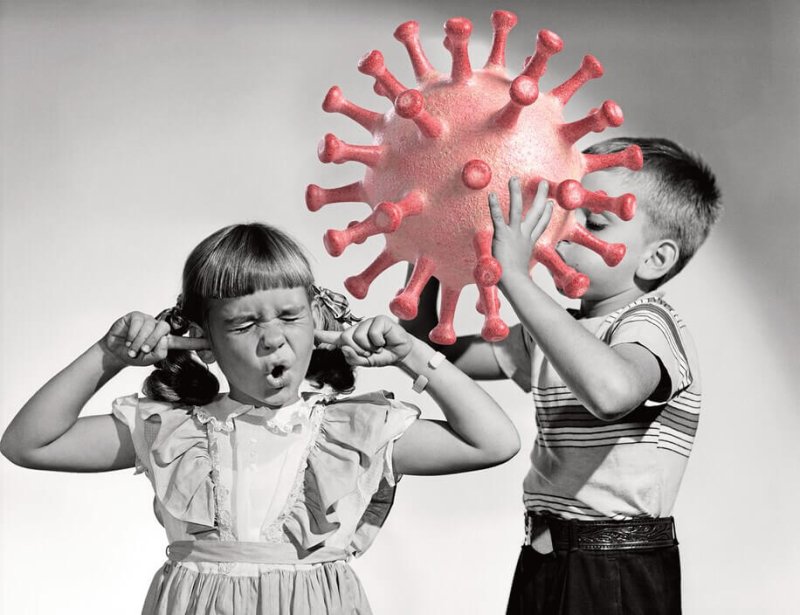The question is… Why do some take the threat of the virus more seriously than others?
Your risk of contracting covid-19, the disease caused by the virus, depends on a number of variables: where you live, how old you are, whether you work indoors or out, whether you have high blood pressure or other so-called co-morbidities, how many people in your community have been tested, and so on. But ultimately, the difficulty of grasping the threat of this virus may have less to do with data and more to do with fundamentals: Humans are not that good at it.
Howard Kunreuther, co-director of the Wharton Risk Management and Decision Processes Center at the University of Pennsylvania, studies why people tend to be poor judges of whether they will experience a natural disaster and the policy implications of that. In the 2017 book “The Ostrich Paradox: Why We Underprepare for Disasters,” which he co-wrote, he explains that people often don’t like to think too far in the future; they also misunderstand threats and are influenced by those around them. Kunreuther sees parallels between the way people downplay the threat of natural disasters and the way they dismiss the threat of the coronavirus.
So, what’s the solution? There are no magic bullets. But until there is a vaccine, perhaps recognizing our inherent cognitive limitations is one more way to protect ourselves.































